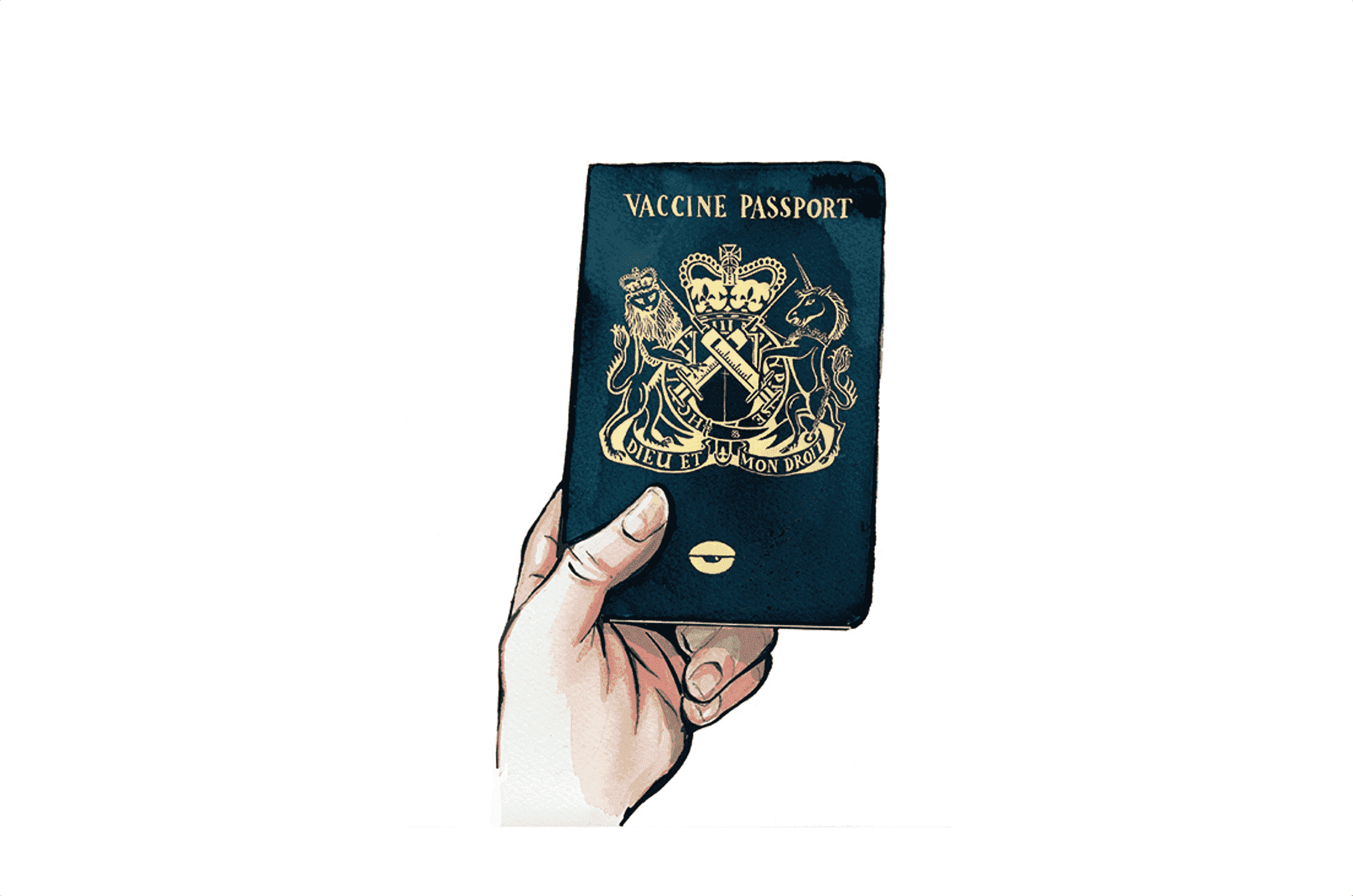The Prime Minister has just announced Plan B. Working from home has been all but mandated and large venues — as well as nightclubs — will be required to check for vaccine passports. But where is the evidence for this, and what does the data say? Johnson’s vaccine passport idea copies Nicola Sturgeon’s policy in Scotland which was found, in a 70-page evidence paper, not to have had any measurable effect. As evidence Chris Whitty presented South African hospitalisations — a country with less than a third vaccinated.
When Omicron was discovered the government said we should wait for data to be gathered before reacting. Sensible, given the huge economic and livelihood consequences of even small restrictions. Data is published every day. Here is what we know so far:-
- The ONS revealed today that 95 per cent of over-16s have antibodies. In older age groups it’s as high as 98 per cent. It is hard to see how this figure can get much higher.
- The UK leads Europe in the booster rollout. Only Iceland and Gibraltar are ahead. 37 per cent of over-12s have received a third dose and the coverage in the most vulnerable groups is near complete.
- Home working won’t have a large effect. Last year Sage estimated home working would only reduce R by between 0.2 and 0.4. Given the natural R number of Omicron could be three times higher than the original strain, this doesn’t seem like a significant impact. Travel to workplaces in the last week is already a fifth below pre-pandemic levels according to Google mobility data.
- Even if Britain had more vaccine refuseniks there’s no evidence coercive passports make a difference. The ‘evidence paper’ used to justify them in Scotland showed a negligible increase in uptake. Cases rose at a similar rate to England, which didn’t have passports at the time. OpenSafely data shows a third of the country’s poorest citizens are unvaccinated and will be locked out of society. It’s one in ten for the rich. 40 per cent of Black Britons aren’t jabbed, while it’s just 14 per cent for white Brits.
- South African figures suggest Omicron is a milder illness. Early real world data from South Africa shows that only eight per cent of hospitalised cases end up in ICU. During the Delta wave it was 25 per cent. The average length of a hospital stay is shorter. Public Health Scotland have said not a single Omicron case has ended up in hospital so far. Sajid Javid said it’s the same in England.
If hospitalisations fall sharply due to Omicron, Covid could be over
The key will be the ratio between how much faster Omicron spreads and how much less deadly it is. The rise in cases has been going on for barely a week and hospitalisation lag by ten days, so we will need another week or two to see whether this relationship falls. As things stand, the infection to hospitalisation ratio is near record lows.
If this falls sharply due to Omicron, Covid could be over. If it’s the other way round a large wave of hospitalisations is almost certain. But if these two numbers cancel each other out then hospitalisations will continue in their current pattern. A pattern the NHS is coping with. Five per cent of beds are occupied by Covid patients, weekly deaths have fallen, other illnesses are still being treated and the booster rollout is accelerating. A very different picture to last winter.
This article is free to read
To unlock more articles, subscribe to get 3 months of unlimited access for just $5









Comments
Join the debate for just $5 for 3 months
Be part of the conversation with other Spectator readers by getting your first three months for $5.
UNLOCK ACCESS Just $5 for 3 monthsAlready a subscriber? Log in